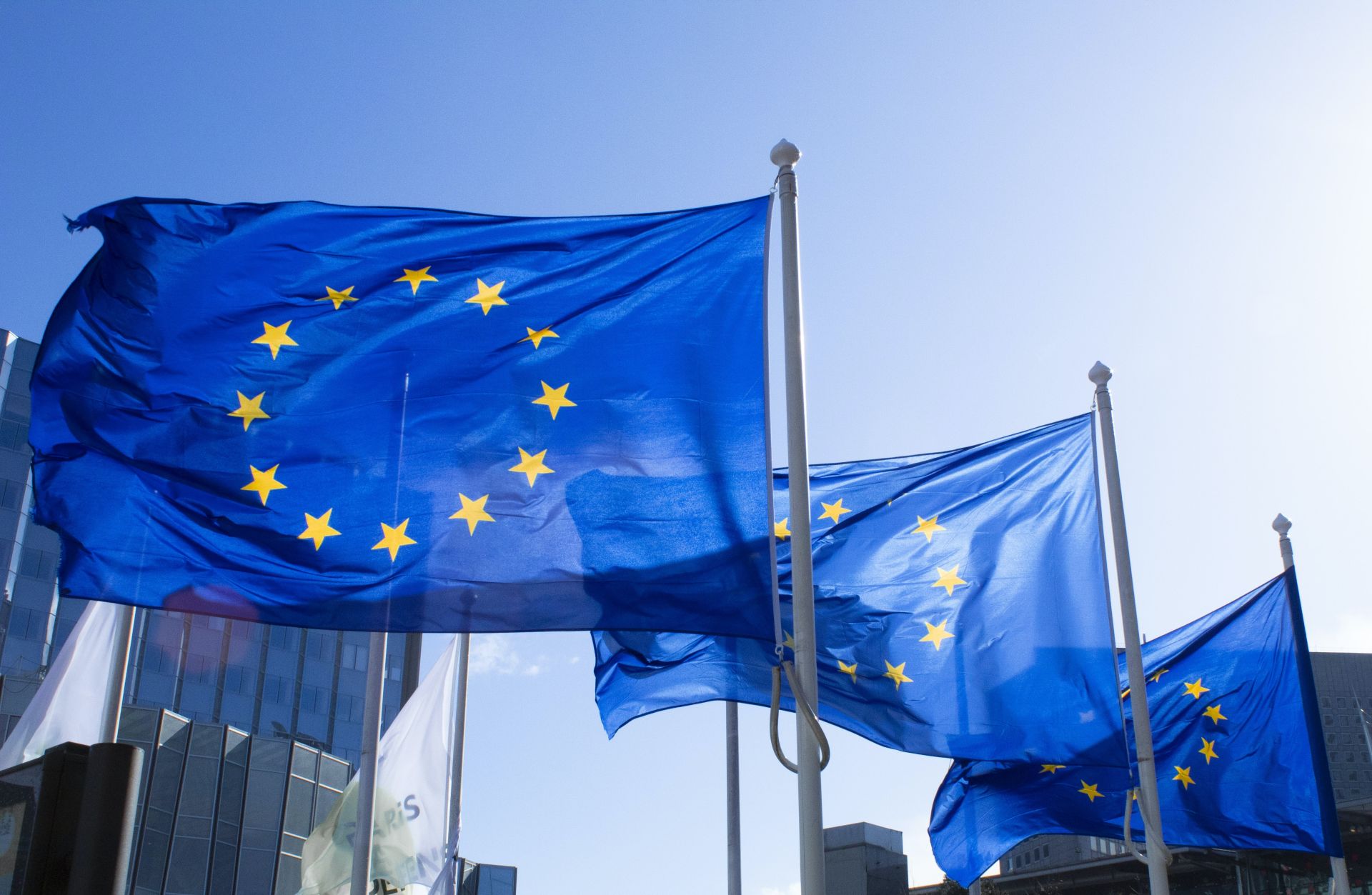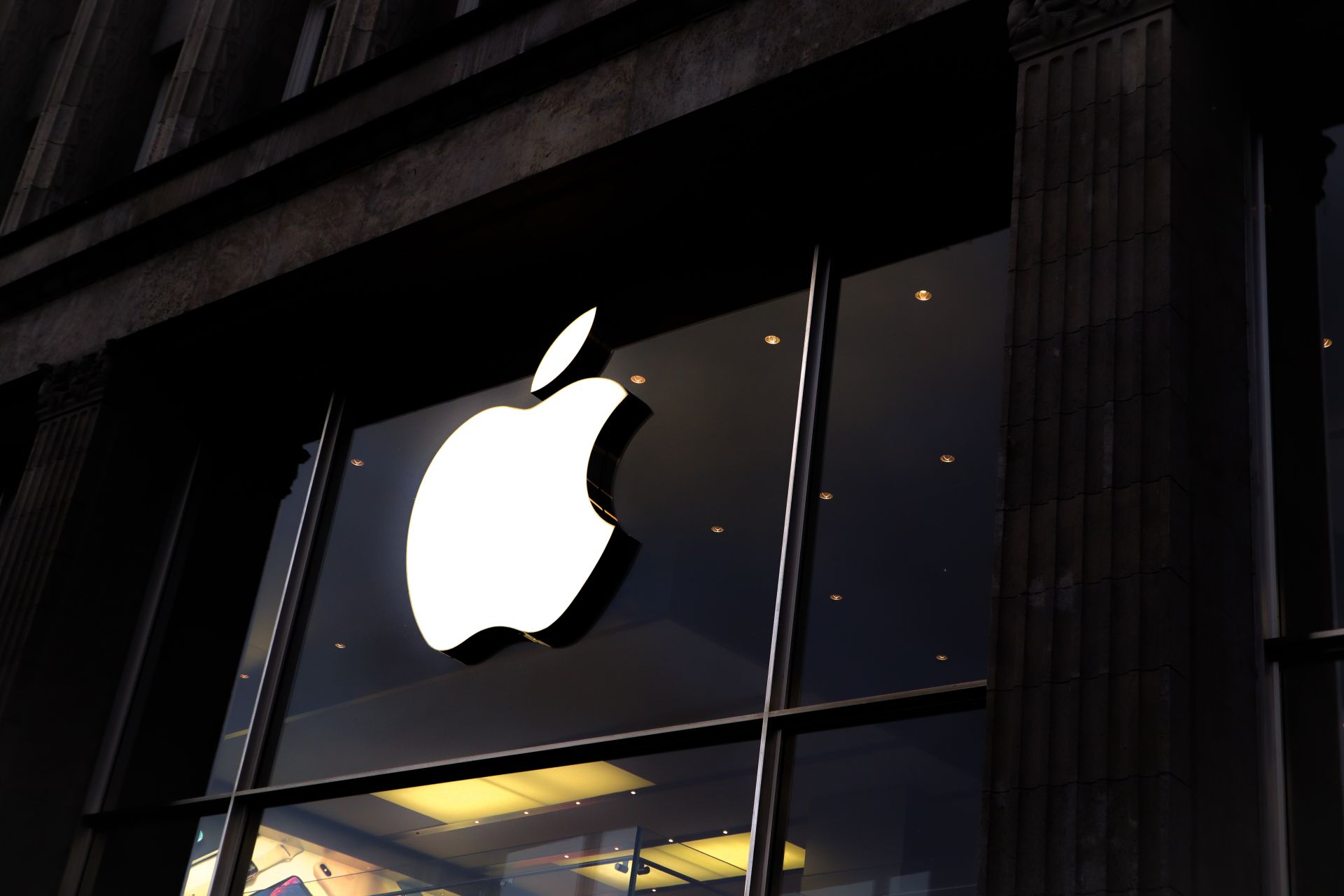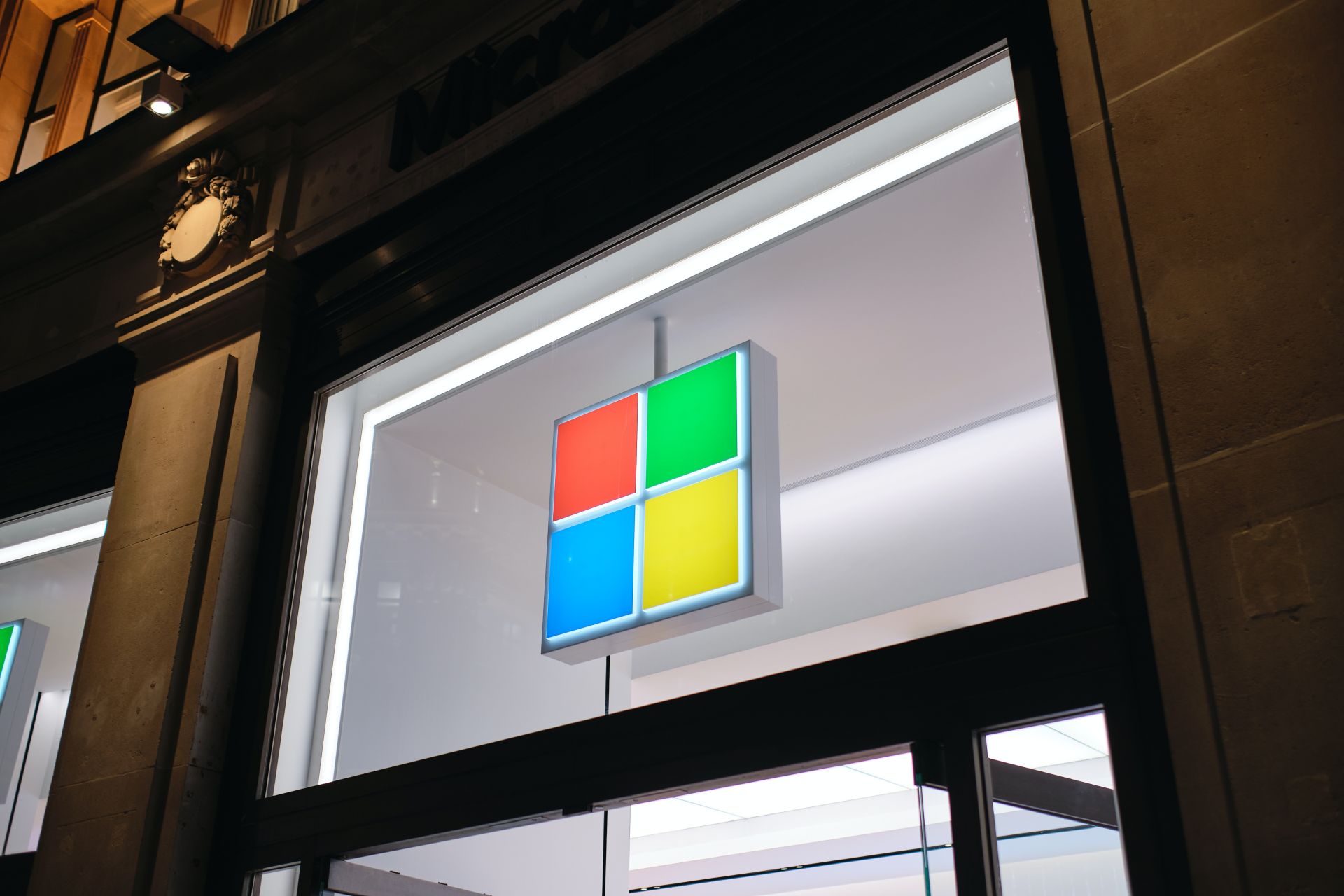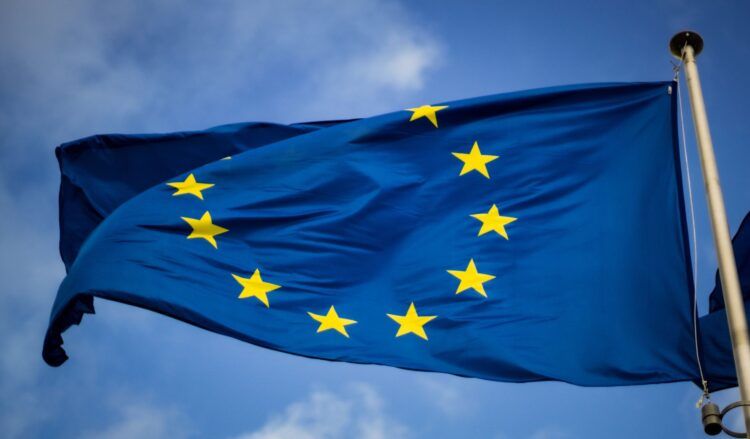Microsoft and Apple are currently making a stand in the European Union (EU). Their mission: to secure exemption from the stringent regulations of the Digital Markets Act (DMA). But why are Microsoft’s Bing and Apple’s iMessage at the heart of this debate, and how are these tech titans striving to prove that they don’t quite fit the “gatekeeper” mold?
Microsoft and Apple advocate having Bing and iMessage removed from the European Union‘s list of “gatekeepers.” They contend that these services are not sufficiently large or influential to warrant inclusion under the Digital Markets Act. This act was enacted by the European Parliament and the Council of the European Union in September 2022 and aims to regulate the behavior of major tech companies in the EU.
The Digital Markets Act (DMA), set to become a game-changer in the tech industry, aims to foster fair competition and innovation across Europe. The European Commission, the executive branch of the EU, is gearing up to unveil its list of designated gatekeepers on September 6th.
These gatekeepers, spanning overarching companies and their specific services, will be subject to various rules concerning interoperability and competition. The goal? To level the playing field and ensure that tech giants play by the rules. This development puts companies like Amazon, Alphabet, Meta, ByteDance, Samsung, Microsoft, and Apple under the regulatory spotlight.

Tech giants will be on the EU’s gatekeepers list
The European Commission is preparing to release a list of designated gatekeepers on September 6th. These gatekeepers are companies that have significant market power, and they will be required to adhere to interoperability and competition rules outlined in the Digital Markets Act (DMA).
Well-known tech giants like Apple, Microsoft, Amazon, Alphabet (Google), Meta (Facebook), ByteDance, and Samsung have already been identified as potential gatekeepers. However, the commission will determine the specific services and areas of their businesses that will be subject to these rules. Once designated, these companies will have until March 2024 to comply with the DMA’s regulations.

Microsoft and Apple don’t want to comply
Microsoft is reportedly not expected to challenge the designation of its Windows platform as a gatekeeper. However, the company is arguing that its search engine, Bing, has a relatively small share of the search market compared to Google.
Microsoft is concerned that implementing certain requirements, such as offering users access to rival search engines, could further diminish Bing’s market share. This argument is part of Microsoft’s response to potential regulatory requirements under the Digital Markets Act (DMA) in the European Union.
Apple is reportedly exploring ways to allow third-party app stores and sideloading on iOS to align with expected regulatory requirements. However, Apple is arguing that its iMessage service doesn’t meet the Digital Markets Act’s (DMA) user threshold of 45 million active monthly users and, therefore, should not be required to interoperate with other messaging services.

While Apple has not officially disclosed iMessage’s user numbers, estimates suggest it could have around a billion users globally, as mentioned in FT’s report.
The digital gatekeeper list, which is expected to be released on September 6, comes with rules that could have a significant impact. These rules aim to prevent companies from giving preferential treatment to their own services over those of competitors and from inhibiting users’ ability to uninstall pre-installed software or apps.
Featured image credit: Christian Lue/Unsplash





